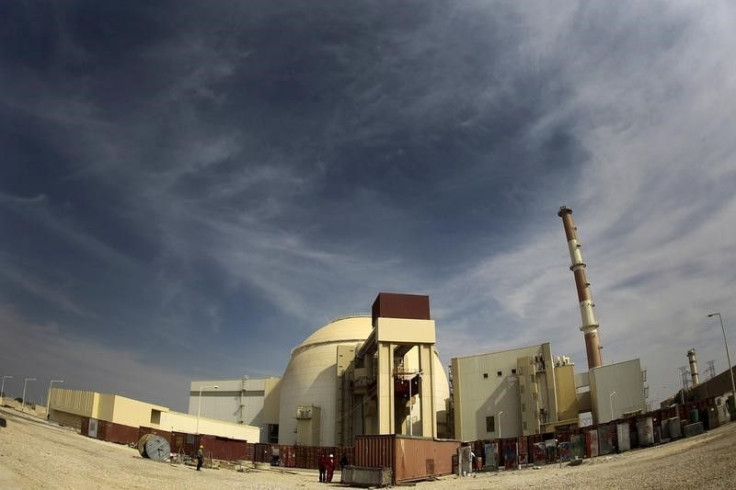EU Reviews Directive on Nuclear Safety Use, Implements Tougher Rules

The European Union has released a new set of draft laws sought to tighten safety standards and improve supervision of nuclear facilities in the region.
Under the proposal, EU countries, effective 2017, must perform peer reviews on nuclear safety every six years. Individually, each is required to conduct every 10 years self-assessments of its national nuclear safety framework and competent regulatory authorities.
They are also directed to seek international peer reviews of their frameworks and authorities.
"We need to put all our efforts into making sure that the highest safety standards are followed in every single nuclear power plant across the EU," Energy Commissioner Guenther Oettinger said in a statement.
The draft directive will cover all existing and new nuclear installations across Europe.
The European Commission said the new draft directive stemmed from the lessons gathered from the March 2011 Fukushima disaster.
The Commission, according to Reuters, found European nuclear plants needed to work on safety improvements costing anywhere between 10 billion and 25 billion euros. The region currently has 132 operational nuclear reactors.
National regulators, under the draft directive, will be required to come up with a strategy that effectively communicates to the public if an accident occurs.
Also, citizens are given the opportunity to take part in the decision-making process to grant licenses for new nuclear plants.
"The aim is continuously improving nuclear safety," the Council said.
"Nuclear safety is paramount to all European citizens."
"The new Nuclear Safety Directive, once formally adopted, will help ensure continuous improvement of the safety of our nuclear installations," Oettinger said.





















